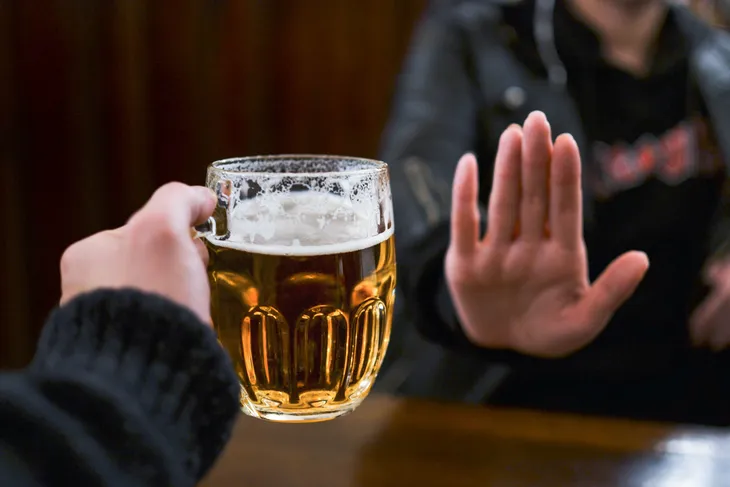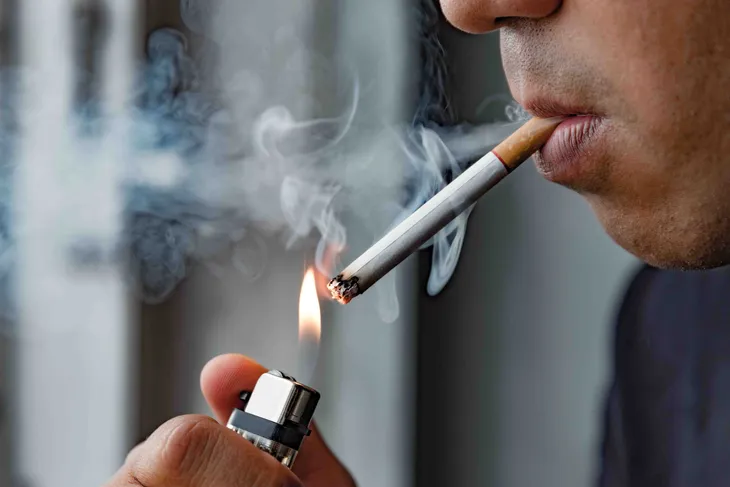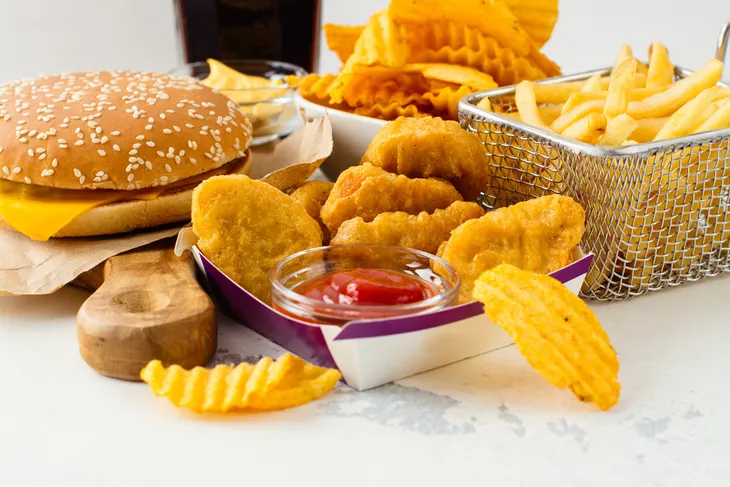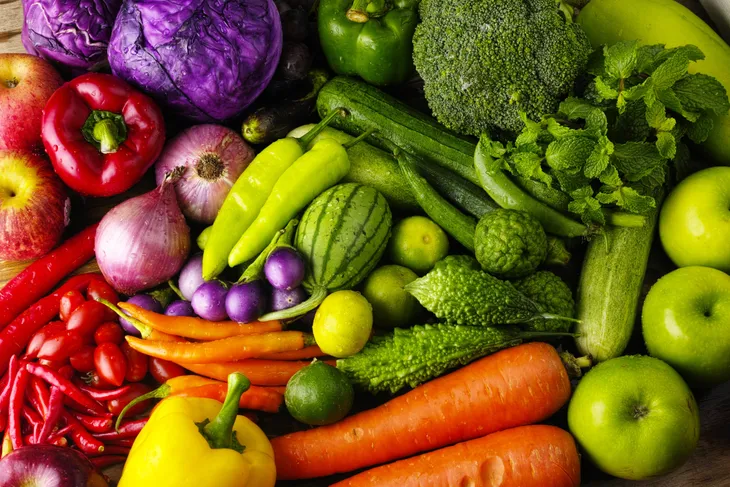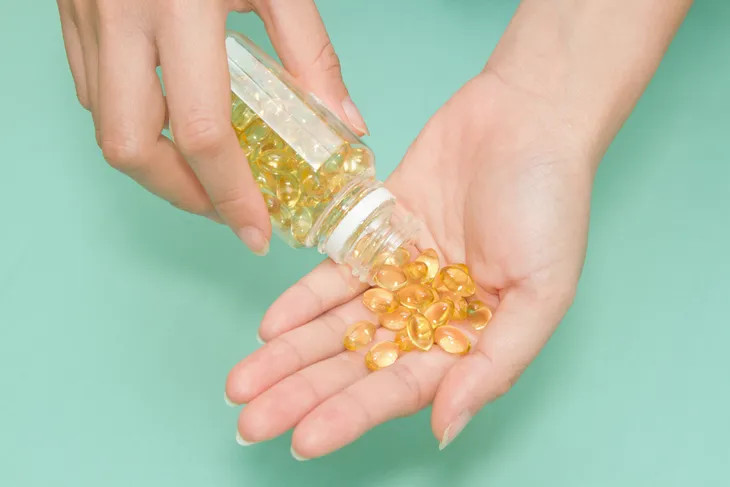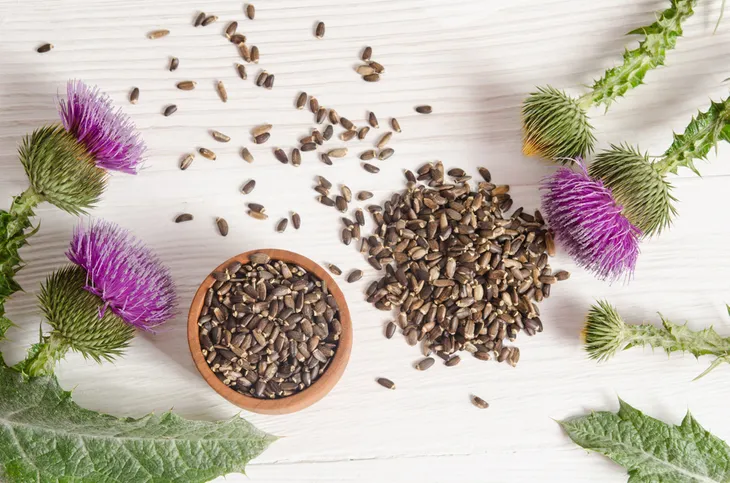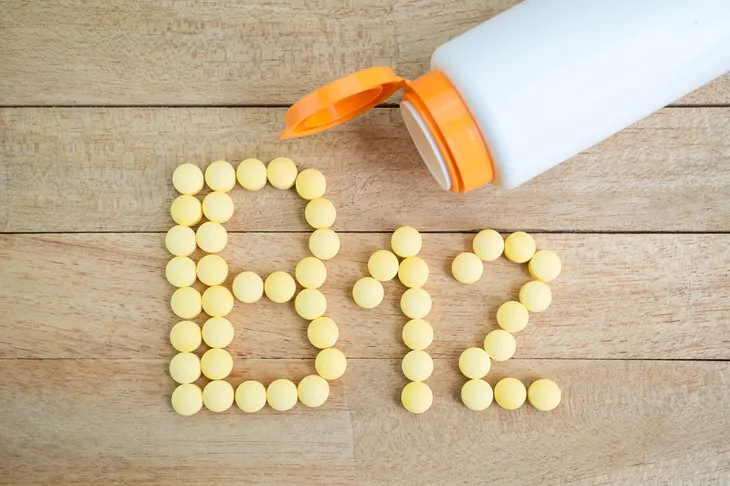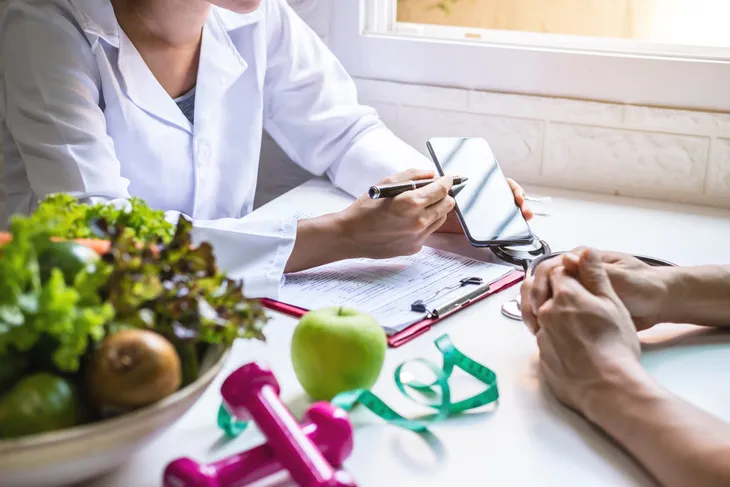The liver is the largest organ in our bodies. Not only that, but it’s also got huge responsibilities as far as metabolizing the foods we consume for energy conversion, and filtering and eliminating toxins via urination.
Liver damage can begin with very few signs or symptoms. However, once the enzymes in your liver become elevated, health issues will follow quickly in the form of hepatitis, cirrhosis, or fatty liver disease. Here are ten easy lifestyle changes you can make to protect your largest organ and lower liver enzymes…
1. Stop Drinking Alcohol
It’s already difficult enough for the liver to process alcohol. That’s why, if you imbibe a little too much and too often, you liver will suffer damage. The best thing you can do to lower high liver enzymes is to stop drinking alcohol. If you don’t completely stop, you should have at least two alcohol-free days per week, and drink no more than 7 or 8 alcoholic drinks total per week.
Your liver can have a difficult time processing alcohol, especially if you drink a lot regularly – the liver processes alcohol like a toxin because it can have toxic effects on your liver. Excessive drinking and alcoholism can severely damage your liver beyond repair. According to the National Institute on Alcohol Abuse and Alcoholism, as little as three drinks at one time combined with medication like acetaminophen can be toxic to the liver. The bottom line is, alcohol can have severe negative effects on the liver and cutting it out of your diet can help lower liver enzymes.
2. Cease All Non-Prescription Drugs
I’m not referring to those prescribed by your doctor, but any over-the-counter or illegal drugs that you may be using for pain relief—including acetaminophen, ibuprofen, or aspirin—which, when used over the long term, can greatly impede liver function. And what’s scary about non-prescription drugs that can cause liver damage or prevent your liver from working the way it should, is that you likely won’t display any symptoms that something is wrong until it’s already started doing the damage to your liver. Although over-the-counter drugs typically pose the most risk of damaging the liver, there are also some prescription drugs that can pose a problem too.
The good news is, medications that are known to cause increased risk of damage for people with liver disease typically make this clear on the bottle. Make sure you read the instructions on all medications before taking them, and if you need to take an over-the-counter medication frequently, check with your doctor first.
3. Lessen Environmental Exposure
Environmental toxins, such as chemical cleaners, sunscreens, personal hygiene products, perfumes, detergents, disinfectant or paint fumes, and even second hand cigarette smoke contain dangerous additives that will damage your liver. Swap your name brand cleaners, hygiene products, and shampoos for natural varieties with no chemicals added.
These days people are much more curious and informed about what’s in their household products and what their body absorbs from products they use. Whether it’s petroleum distillates in your laundry detergent or lead in lipstick, society is demanding more information than ever before. Because of this, a lot of brands have offered more transparency in how they manufacture their products and the safety guidelines they follow. And it’s also resulted in a lot of new companies on the market that offer natural and organic products, so it’s much easier to protect your liver by lessening your exposure to environmental toxins.
4. Cut Processed Foods
I’m looking at you boxed, pre-prepared foods that contain excess sodium and refined sugar. Not to mention the chemicals and preservatives that obviously aren’t considered healthy by anyone’s standard. A quick path to a healthier liver is to cut these completely from your diet and opt for fresh and whole foods instead. Processed foods cause your liver to work extra hard to get rid of the toxins. This weakened state makes it difficult for your liver to do its job well, making you susceptible to damage from the toxins it was unable to process properly.
When you’re craving sugar, look for natural alternatives, like honey or Stevia. And since cutting processed foods from your diet is a simple way to promote liver health and prevent unnecessary damage, you should also consider eating foods that can cleanse your liver. Eating fruit at snack time and loading up on vegetables during lunch and dinner will make you feel better all around.
5. Eat Whole Foods
Focus your diet on organic, whole foods with no added preservatives. Make it a habit to do the bulk of your shopping around the grocery store’s exterior—in the fresh produce section—as opposed to the inner aisles where the shelved, processed foods are kept. Load up on fresh fruits and vegetables to reap the benefits of their detoxifying properties, which is great for liver health. Add more garlic, leafy greens, apples, carrots, and grapefruit to your diet. These are just some of the foods that can naturally cleanse the liver. And skip the impulse items at the end of interior aisles and at the checkout – they’re never healthy and prey on the weak.
The benefits of following a diet rich in whole foods go way beyond how good they are for preventing liver damage. Eating healthy and exercising regularly can greatly lower your risk of medical conditions, including cancer, obesity, diabetes, and heart disease.
6. Take Fish Oils
A diet rich in omega-3 fatty acids—for instance, foods containing fish oils (i.e., salmon, tuna, and sardines) or flax seed oil—will benefit liver function and do their part to lessen dangerous triglyceride liver enzyme levels. Triglycerides are a type of fat you get from food, as well as your own body – your liver naturally produces this fat when you eat, and is an extremely important part of proper liver function. When you have too much triglyceride in your body, the excess is then stored to be used another time. Overeating can cause your body to create excess triglyceride, especially when you eat a lot of carbs.
The problem is, having a high level of triglycerides stored in your body can help cause liver inflammation and some forms of liver disease. Your cholesterol – the bad kind – can also increase above the normal range. You can add fish oil to your body in two ways: through a daily supplement or by eating certain types of fish. Before adding fish oil to your diet, speak with your doctor or a nutritionist.
7. Detox with Natural Herbs
You might not have known that certain natural herbs, such as dandelion and milk thistle, act as natural liver detoxifiers to give an overworked, toxic liver a much needed break. Milk thistle can your liver by protecting against toxins, repairing it with new cell growth, and has anti-inflammatory properties. Detoxing regularly can not only help your liver, but other major organs.
Elevated liver enzymes are determined by taking a blood test, and are often a sign of liver damage from alcoholism and some types of prescription drugs. Hepatitis C is also a common culprit that raises your liver enzymes. In a lot of cases, the liver damage can’t be undone but natural herbs can help with stabilizing your levels and preventing them from getting higher. While many people swear by using herbs to help with liver enzyme levels, it’s best to discuss your plan with a health professional. You should learn more about herb supplements and their effect on your body, as well as the recommended dosage and how often you should take them.
8. Supplement for Healthy Liver Function
Over the counter supplements can support liver function and detoxification as well. Try vitamin B-12 and Coenzyme Q10, which actually replenish damaged liver cells, and for overall liver health and function, vitamin A, C and D could help. (Check with your doctor before starting any supplements to discuss benefits and interaction with other medications). If you’re doing a cleanse, it’s worth considering adding a prebiotic supplement to protect your liver because the cleanse will flush out both the toxins and natural, healthy bacteria. Pebiotics can help your liver replenish the good bacteria that’s lost during the cleanse.
It’s important to note that some supplements (not the kinds aimed at helping your liver) can actually raise your liver enzyme level and potentially cause liver damage. You can also cause damage to your health – including your liver – when certain supplements are combined with both prescription and non-prescription medications. Some interactions between the drugs and supplements can be hard for your liver to process.
9. Shun Beef for Chicken
Beef is high in protein and fat and difficult to digest… there are no ifs, ands, or buts about it. When you eat it too much or too often, your liver has to deal with the excess protein and fat since it can only process so much at once. It then stores the waste, which can lead to serious health issues. However, your body still requires lean protein to function properly. So stick to leaner meats that are easier to digest, such as fish, poultry, nuts, beans, legumes, and lower fat dairy.
Your liver has an extremely vital role in your body – it flushes out harmful toxins, converts food to energy, produces protein, and helps run your metabolism. A damaged liver or a liver that isn’t functioning properly can impact the rest of your body. Taking care of your liver should be a priority because of the potential from certain foods. So even if you’re a red meat lover, at the very least cut back on how much and how often you eat it.
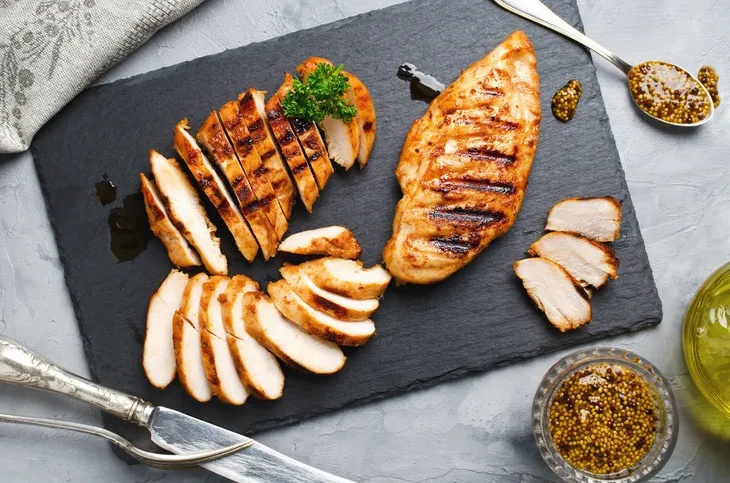 Shutterstock/vkuslandia
Shutterstock/vkuslandia10. Consult with a Nutritionist
If diet is the main obstacle to a healthy liver, ask for help! There are a variety of fairly simple ways you can treat your liver better just through changes in your diet. Book an appointment with a registered dietitian or nutritionist for help developing an eating plan that will lower dangerously elevated liver enzymes and support liver health and detoxification.
An added bonus is that the foods a nutritionist will suggest to ensure optimal liver health can positively affect other organs and your overall health. Since the diet would include a lot of fresh produce and no pre-packaged processed foods (or very little), you could see a difference in your weight and lose fat all over your body. When a diet plan optimized for maintaining a healthy liver is combined with working out regularly (being sure to include a mix of cardio, muscle development, stretching and flexibility exercises), you are bound to see some great results.

